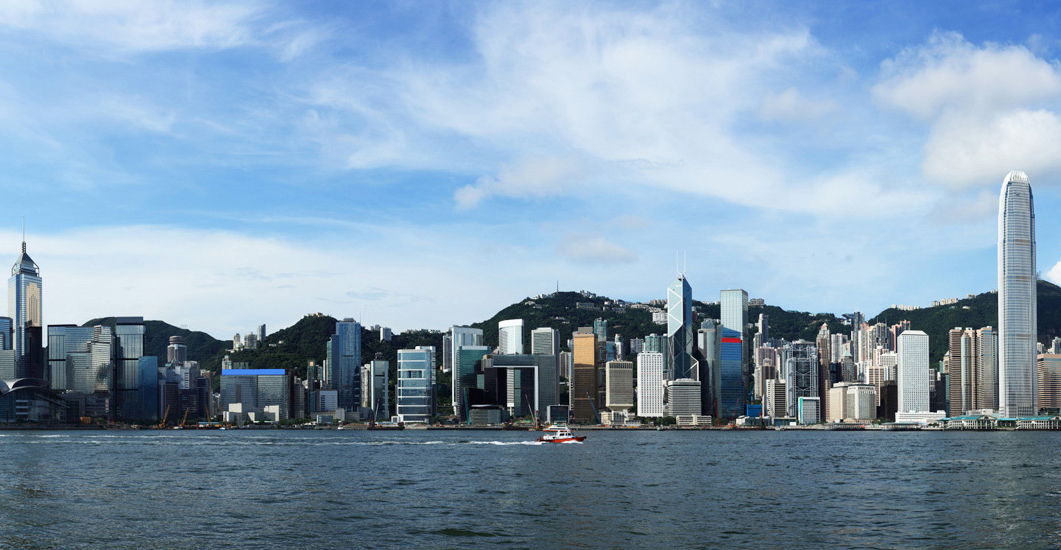Just over six months ago, we reported that Hong Kong's "shaky economy" and a "downturn in tourism" were scuttling hotel development plans.
But transactions are still happening. In fact, since 2017 began, nearly half a billion dollars' worth of hotel properties in Hong Kong have changed hands.
Recent Deals
Just last week, Hong Kong-based Henderson Land Development (controlled by property tycoon Lee Shau-kee) announced that it would sell a 598-guestroom hotel in Kwun Tong, Kowloon, Hong Kong, for HK$2.3 billion, or HK$3.8 million per room. In U.S. dollars, that's almost $300 million.
Other recent deals include the sales of Sika Hotels in West Kowloon for HK$400 million and a hotel near the shopping district of Causeway Bay for HK$450 million.
In January, Travelodge signed an agreement with the Tai Hung Fai Group to bring the Travelodge brand to Hong Kong.

And Regal Hotels Group acquired a HK$2.19-billion hotel project at the Hong Kong International Airport earlier this month. The 1,000-guestroom project is expected to be completed by 2020.
Changing Demand, Changing Supply
But these deals beg the question: Are there enough visitors these days to make Hong Kong hotels profitable? Since 2014, tourist numbers from mainland China have fallen consistently, dropping by 6.7 percent over the last year alone. With mainland China providing three-quarters of all of Hong Kong's visitor numbers, that decline is significant.
According to official stats, Hong Kong had 257 hotels with 74,000 guestrooms at the end of March 2016. To compare, in mid-2009, Hong Kong had 158 hotels with 58,000 guestrooms. That's a lot of empty guestrooms if the visitor decline continues.
But there is no guarantee that all recent hotel transactions will remain in the hospitality sector. Some could become office buildings or apartments, depending on demand.
This would be an interesting turn from recent years, when a lack of supply drove the conversion of office complexes into hotels, according to Francis Li, head of greater China investment and advisory services at property consultancy Cushman & Wakefield.
But turning hotels into office buildings could prove decidedly profitable: Cushman & Wakefield expects top-line office complexes in Hong Kong to see rental growth of between 3 and 6 percent, according to Nikkei. In the last quarter of 2016, a fifth of the prime office space in the Central business district was occupied by mainland companies expanding their reach, up from 13 percent five years ago.
As such, the consultancy expects hotel conversion projects to accelerate.
Or Not?
Or maybe acceleration would be a mistake. Donald Fan Tung, executive director of Paliburg Holdings, the investment holding side of Regal Hotels Group, believes that Hong Kong will see a "rebound" in visitors from the mainland. If nothing else, he expects that the upcoming SkyCity complex—which will include the new Regal Hotel—will bring in more visitors.
“No other airport in the world is backed up by such a huge shopping mall,” he told the South China Morning Post. “I think it will become a destination for visitors, so our hotel has very large potential.” After the completion of the Hong Kong-Zhuhai-Macau Bridge and the Tuen Mun-Chek Lap Kok link, the airport complex would see an influx of visitors from nearby cities, he added.
